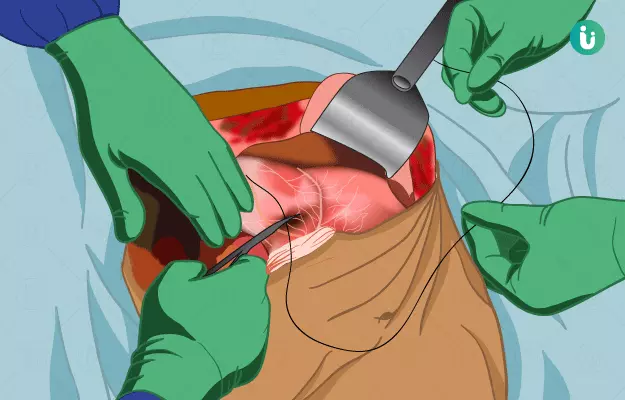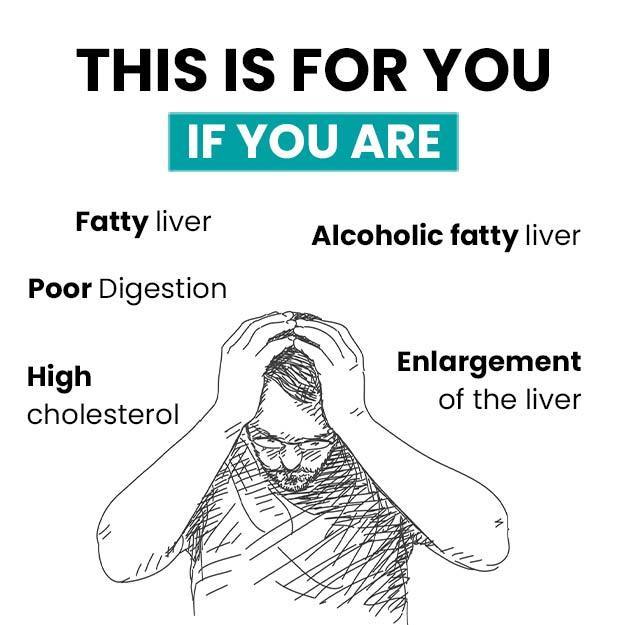Summary
The liver is often called "the seat of life", which is an important organ performing vital functions of the body. When this organ is not able to function properly, it affects the body in various ways, such as digestion problems, excessive bleeding, reduced immunity and what not. Liver transplantation is a procedure where the non-functional liver is removed and a new functional liver is transplanted. The new liver can be taken from a dead or living donor. Many assessment tests are performed to see how severely your liver is diseased and whether you are medically fit to receive a new liver or not. Once you clear all the tests, your name is put up on the waiting list. You will be called by the transplant team once they find a suitable match for you. Important medical tests like blood tests, X-rays, urine tests and others will be done on the day of surgery.
A few days hospital stay is important after which proper dressing of the wound is to be done along with other measures, such as adequate rest, healthy diet, going for short walks, and so on. Medication has to be taken regularly and timely visits to the hospital are also very important to ensure the success of the transplant. A few complications may arise after the transplant, such as fever, indigestion, bleeding and in severe cases, rejection of the new liver. In such cases, another transplant surgery is required.



























